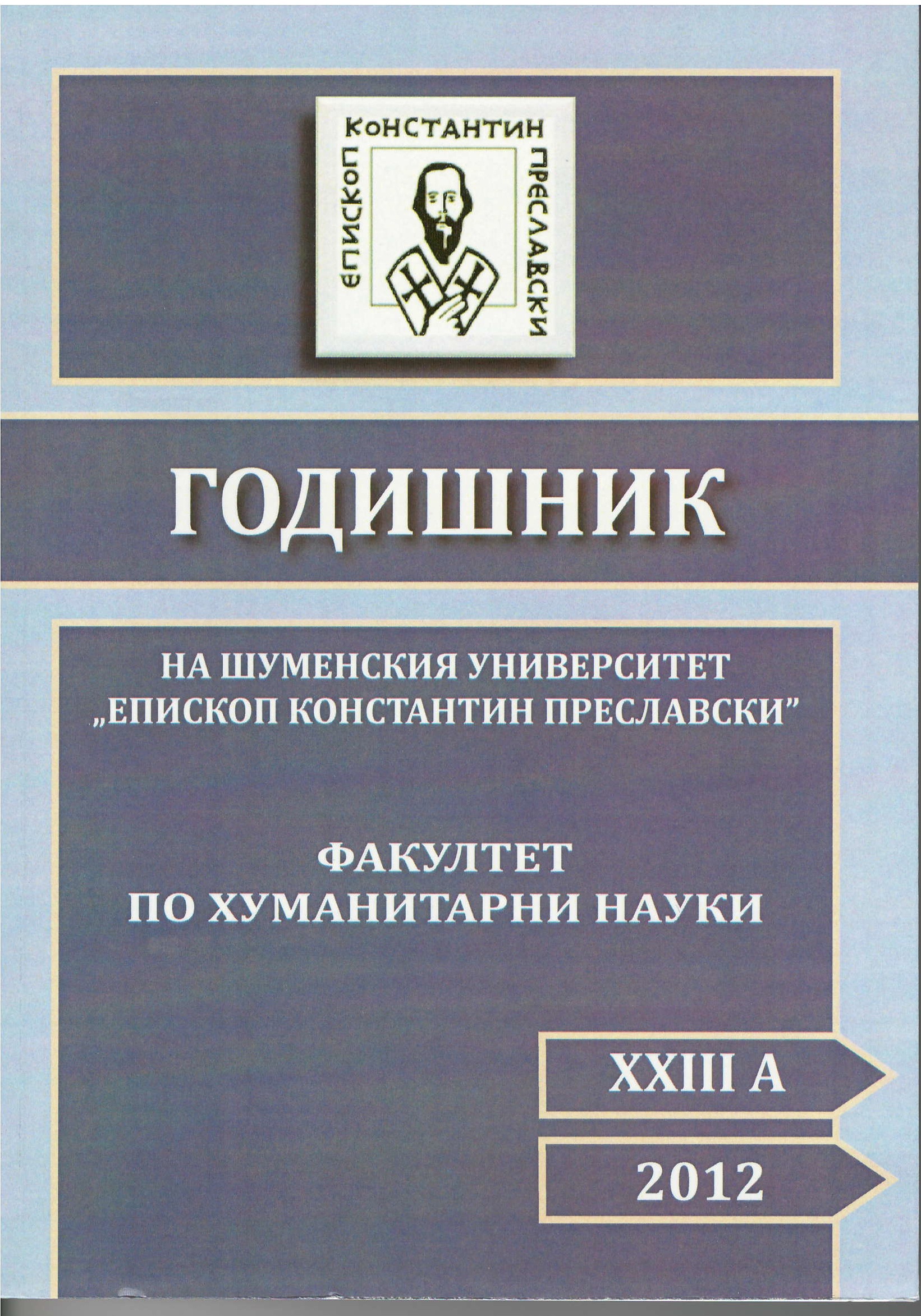Bulgarian ingressive verbs: the case of za- and do-
Bulgarian ingressive verbs: the case of za- and do-
Author(s): Svetlana NedelchevaSubject(s): Morphology
Published by: Шуменски университет »Епископ Константин Преславски«
Keywords: aspect; Bulgarian verbal prefixes; ingressivity; radial networks
Summary/Abstract: This study focuses on the ingressive use of two Bulgarian preverbs: za- and do-. Both prefixes combine with a wide variety of verbs which makes their semantic networks quite extensive. Our database is extracted from Pashov’s thorough study on Bulgarian verbs [Pashov 1966] and contains a total number of 1076 za-verbs (65% of them ingressive) and 315 do-verbs (6% of them ingressive). Those with obsolete and perfective base are excluded. The prototype for za- can be interpreted as passing from a state of non-activity into a state of activity (the trajector (TR ) oversteps a limit) or as it was pointed out by Janda [1985] it is crossing a boundary. The prototype for do- is associated with the GOAL REACHED meaning. We argue that the prototypical meaning of these prefixes can be found in their ingressive uses. There is no arbitrariness in the choice of prefix and it is systematically motivated.
Journal: Годишник на Шуменския университет "Епископ Константин Преславски". Факултет по хуманитарни науки
- Issue Year: XXIII/2012
- Issue No: 1
- Page Range: 72-89
- Page Count: 18
- Language: English

